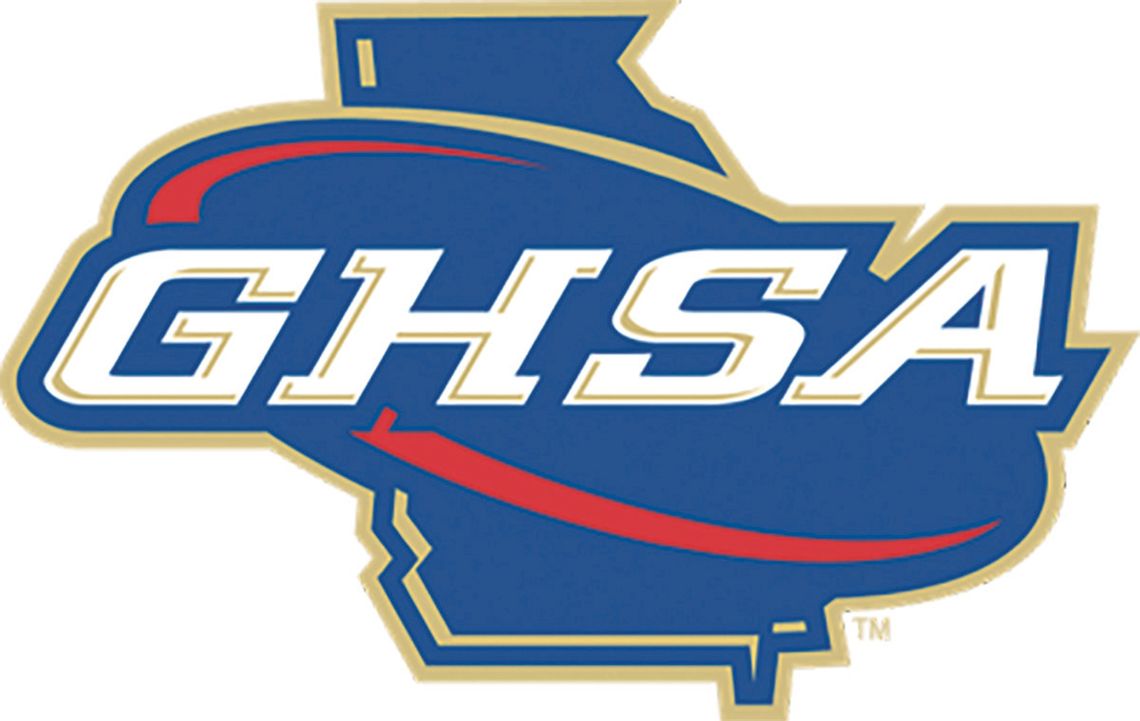Regions could be de-emphasized believes Ware’s Jason Strickland
The Georgia High School Association executive committee voted Monday to do away with 80+ years of tradition.
Traditional playoff brackets, which had grown from eight region champions to 16 teams (top two region teams) and eventually to 32 teams (top four finishers) in the mid-1990s is now gone as of October 6.
After implementing seeding for Class AAA and down last year, the GHSA’s executive committee voted 66-1 (Forsyth County Schools athletic director Nathan Turner voted against it) to have every classification’s playoff bracket seeded beginning in the 2026-27 academic year.
“Our goal is to make sure we’ve got the elite eight in the ‘Elite 8’ and the best four in the ‘Final Four’ and the best two in the state championship,” GHSA executive director Tim Scott said of the purpose for the change. “Using this formula is what the coaches and the committee felt will help us do that.”
The GHSA’s objective is to award playoff berths and seeding priority to sports teams based on their statewide strength and not their finish in what might be a weak or strong region.
The GHSA will use a formula for the Post Season Rankings similar to the RPI (ratings percentage index) the NCAA often cites to help committees seed teams. It multiplies a team’s winning percentage by its opponents’ winning percentage by its opponents’ opponents winning percentage.
“I think the GHSA has an impossible task they have to do every couple of years, which is realignment, reclassification and all that type of stuff,” said Ware County head coach Jason Strickland Sunday afternoon (October 12). “My gut feeling is this came about because of higher classification basketball programs out of the metro Atlanta area who felt like they had more worthy programs for playoffs spots than South Georgia and Middle Georgia schools.
“My opinion is, I don’t like living in any world where a non-region loss could keep me out of the playoffs. If this is a situation we’re going to I don’t know why we have regions anymore.
“We may get in this and say it’s the best thing that we could have done, we absolutely love it and all that sort of thing.” Strickland said Ware County officials have been on the phone since the Monday announcement trying to talk to schools about scheduling. “Should you schedule hard teams and try to get quality wins or just try to schedule wins and all that sort of stuff,” said Strickland. “That’s my fear that you’re going to be set in a situation where you know this is a non-region game, but you have to play because it’s a rival game. You know a loss can keep you out of the playoffs. I just don’t like that world.”
One of Strickland’s phone calls was to Pierce County head coach Ryan Herring, whose AA athletic program was introduced to seeding last year.
“If you’re in South Georgia, you don’t have as many schools to pick and choose to play like North Georgia where there may be five schools in a 10-mile radius,” said Herring. “You have to get games with whomever you can. Scheduling is tougher down here.
“Brooks County and Crisp County are two examples. They’re probably not going to get a real good ranking, a higher ranking, because they’re going to lose games because they’re playing such tough schedules.
“It doesn’t help the programs down here. Another issue I don’t like is the fact you could play somebody from your region in the first round of playoffs instead of the quarterfinals, or the semifinals or the championship game.
“As far as travel is concerned, you could play in almost Chattanooga (Tenn.) in first round of playoffs and in the mountains in the second round. That’s a lot of travel expenses for smaller programs. You almost have to spend the night with games in North Georgia and drop $10,000 a trip. That’s just food, travel and lodge. That’s a big, big ask of programs.”
Strickland said he has tried to figure out the formula GHSA is using with little result. He did point out if the seeding was utilized last year his 5-5 Ware County squad would have been seeded 30th and opened up at eventual state champion North Oconee, a team it met in the second round.
“Somebody needs to do a zoom meeting and go over and explain to us (state coaches) in detail the formula,” said Strickland. “We beat Benedictine and we beat Warner Robins last year and the formula would have had them seeded higher than us last year. I can’t wrap my head around the seeding.
“We finished second in the region and both Benedictine and Warner Robins finished behind us, but they would’ve been seeded ahead of us. I can’t wrap my head around that.”
Strickland also added he doesn’t understand what the point of having regions is anymore.
“Let programs find 10 games and then we’ll figure out the playoffs,” he said. “If I can beat you, finish ahead of you in my region, and the region team I beat is ranked higher than me in a bracket then why have regions?
“We’re going to play Coffee every year and they (Trojans) are going to be good every year. There’s just going to be certain games we’re going to have to schedule. Game 10 could possibly be a first round matchup the following week.
“I can’t imagine any of the lower classifications going forward trying to play very many schools in higher classifications. I think this came about be-cause of metro Atlanta basketball, and we’re turning this whole thing upside down.”
When asked if a North-South bracket would help, Strickland said there aren’t 16 Class 4A schools in the southern portion of the state.
Herring said Alabama’s bracket is set up that way.
“I didn’t like it,” he said. “We were always having to play teams in our region in the quarterfinals.”









